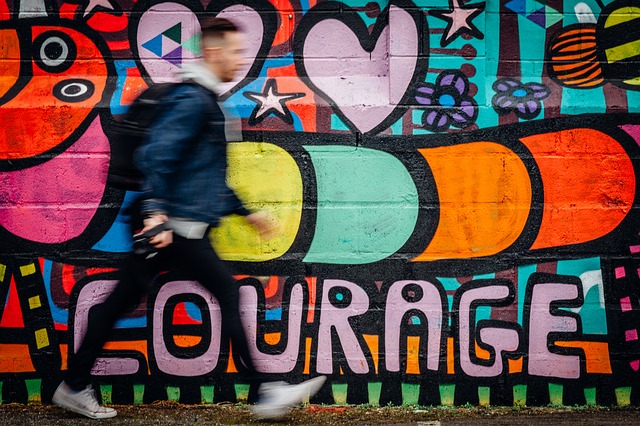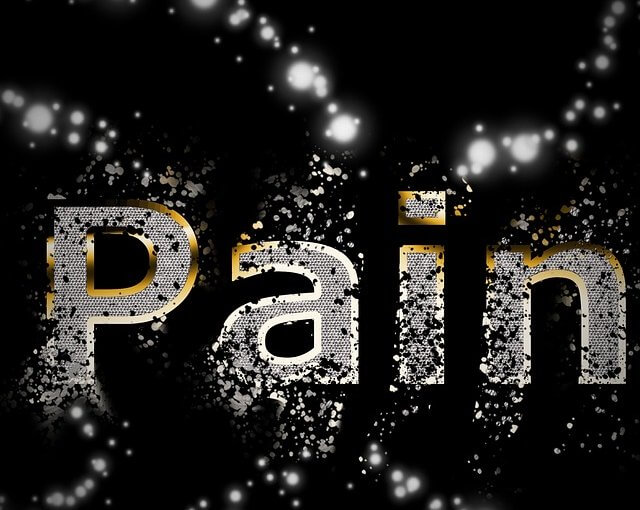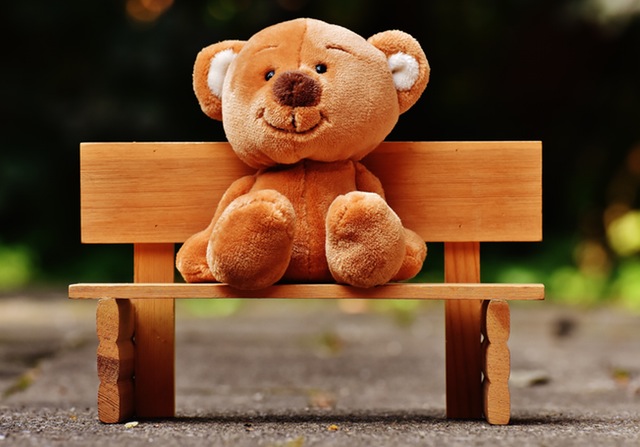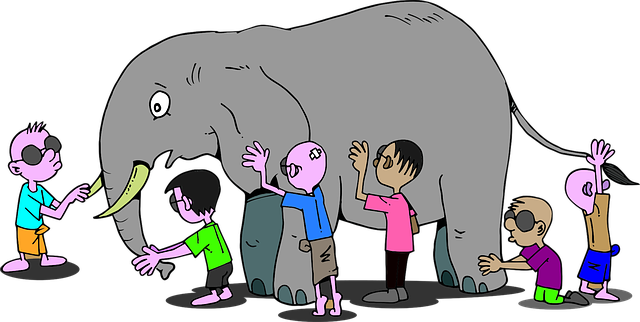Happiness is a term that is used frequently, but what is happiness? How would you describe happiness to someone who does not know what the word means? It really is a difficult term to define. Assuming we know what it means, how do we achieve it? What do we do to retain it? Does it depend on internal or external factors?
Happiness is a state of being — an internal process that is independent of external forces. Happiness is a state of freedom — freedom from judgment, thoughts and worries, what ifs, should’s and could’s, comparisons, expectations, disappointments, anger, resentment, and so on. It is a state of contentment, a state where one fully accepts the moment as it is, without expecting it to be anything more or less.
Happiness that is based on what happens or does not happen, what is gained and what is lost, what others say or not say, what we posses or are missing, what we look like or how old we are, is not happiness at all. If we base our happiness on all of these external factors, as you can imagine, happiness will become a fleeting state as external factors fluctuate constantly. Happiness will inevitably be short-lived as everything in life is short-lived. Making space for anything and everything that happens in our lives, whether we have control over it or not, is key to happiness. This does not mean we should not work towards creating comfort and pleasures in our lives and achieving financial or other types of success. On the contrary, a free and happy state is more likely to pursue success in various aspects of life.
How do you work towards becoming happy? Practice acceptance of things as they are. Happiness is compromised when we fight reality. Reality will always prevail. You might as well go with it. Acceptance is something you can practice and get better at with time. It may be too much to expect that on day one you will be able to accept a very difficult situation. So, it’s best to practice with little things.
Did someone cut you off in traffic? Just take a deep breath, and let those anger thoughts just dissipate. Don’t feed a story in your mind about the other person’s intentions. Just practice accepting that small event and then let it go.
If you pay attention, you will notice many events throughout your day that will give you an opportunity to practice. As these events take place, pay attention to the emotions that arise in you. Focus on your breathing and keep in mind that you are practicing. You can even turn it into a game. With every little thing that you notice that creates some negative reaction in you, remember to practice. Make it a goal to practice every day.
Over time, you will notice that you can take on bigger and more significant incidents. A friend let you down. A coworker got that promotion you were after. As you start tackling the bigger stuff, you will find that the practice is the same. The emotions perhaps are stronger, and you are probably bringing up a bigger story from your past. “Why does this always happen to me?” “I am always overlooked.” “She always lets me down.” Those are all stories from the past at this point. You do not need to entertain them in the moment when they come up. In fact, the worst time to process such thoughts is when you are emotionally compromised. Just with that guy who cut you off in traffic, remember to take some deep breaths. Let the anger and all the associated thoughts just dissipate. Don’t feed them. If you have practiced with the little stuff, you will notice an increasing ability to handle the bigger stuff with the same approach.
Over time, this practice will introduce more and more content moments throughout your day. The benefit accumulates and as you start being able to tackle bigger problems, you will notice more happiness enter your life.
Enjoy your practice!
About the author: Dr. Seda Gragossian is the Clinical Director at the Talk Therapy Psychology Center in San Diego, where she helps people work through mental health issues such as anxiety, depression, trauma, addiction, and many others.
Dr. Seda Gragossian, PhD, PSY 24901
Clinical Director
(858) 205-2490
Talk Therapy Psychology Center
5935 Cornerstone Ct W, Ste 125
San Diego, CA, 92121
www.talktherapycenter.com







